 Want to train as a counsellor or psychotherapist? Here’s what you need to know.
Want to train as a counsellor or psychotherapist? Here’s what you need to know.
To train as a counsellor or psychotherapist are two of the most rewarding professions there are.
Traditionally, to train as a counsellor or psychotherapist was a rigorous journey which focused on the trainee’s self and spiritual development as much as it did academic and professional development. It provided the trainee with the solid inner ground that is necessary to work in this field.
In recent years, and in alignment with expected counsellor and psychotherapist employment growth, training organisations have popped up all over the place offering counselling and psychotherapy courses of varying awards (Certificate, Diploma, Bachelor, Master or Ph.D), duration (from a few months up to 8 years) and methods of learning (in person, online or blended).
With some training organisations using aggressive marketing campaigns, aiming for bums on seats and dangling carrots of shorter course duration and the capacity to earn $$$ – this sparked a passionate discussion in one of my online psychotherapy forums about what good training is and what potential therapists should look for in a training.
In this blog, I interviewed experienced therapists of varying disciplines from Australia and abroad, who provide counselling and/or psychotherapy services. Most of the therapists here have worked in both agencies and in private practice. They share their experience of their training and provide some of their top tips about what to look for when choosing a psychotherapy or counselling course.
Marg Ryan. Melbourne. Australia
Relationship Counsellor | Psychotherapist | Supervisor
My somatic psychotherapy training had such a profound impact on me and my future life direction, I rave about it passionately whenever I get the chance!
It made me a much more self-aware person, softer, more compassionate much more gentle and kind towards others and myself, a much better mother and a more loving and available partner.
But… it was one of the toughest things I have ever undertaken – much harder than my Master’s Degree!!! About as tough as being a good enough / at times (attempting) great mum!
My training as a counsellor and psychotherapist was spread over three years with a requirement to complete a minimum of 25 hours personal therapy in each year of the program. Most students remained in therapy for the whole three years of the program which enabled us to really walk in the shoes of our future clients. As “wounded healers” we also got to work through our own issues. Consequently, we could be much more effective at helping others with their problems without getting tangled up in our own histories within the sessions. The other big bonus was seeing an experienced therapist in action.
This very intimate, relationship based experiential program was combined with rigorous academic training. We had to read from cover to cover complex texts on the different theories of trauma and what works in helping others. To truly embed the learning inside ourselves we then had to present in front of the class what we had learnt. Over and over we had to teach what we were trying to learn to consolidate the learning. This experiential learning approach resulted in the theories becoming a part of me as a person.
The training participants also had to engage in three years of intensive group therapy. It rocked. We got to see up close and personal the myriad of issues clients / students present with and how different experienced therapists handled and helped each person with their issues.
The course changed my life! I came out the other end inspired, feeling well grounded in a wide range of psychological theories and really confident with a lot of good tools in my tool kit for how to work effectively with people in emotional pain.
I have an ongoing sense of gratitude about the course because I realize now how well it has prepared me for working as a therapist in private practice.
My recommendation would be to find a training which includes as many of the above elements as possible.
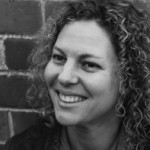 Toni Jackson. Perth. Australia
Toni Jackson. Perth. Australia
Counsellor | Psychotherapist
What I loved most about my training in counselling and psychotherapy (Gestalt Training Institute WA) was that it was predominantly experiential.
I spent four years in a group environment, observing and participating in actual therapy sessions, with live supervision. These experiences were invaluable in terms of my professional and personal growth, knowledge, skill and self-awareness. In addition, I was required to have ongoing personal therapy and clinical supervision. It would be fair to say this training changed my life.
When considering which counselling or psychotherapy training you would like to do, I recommend:
- Choosing an experiential training which encourages personal therapy, group work and supervision.
- Having some sessions with a therapist trained in the approach in which you are interested. This will give you a feel for that particular therapy in a way that merely reading about it will not. If you are going to spend a lot of time and money studying and then working from that approach, it needs to resonate with you. Being a therapist involves bringing yourself to the work – to the therapeutic relationship – so it is important you believe in what you are doing.
- Seeing if you can find someone who has completed the training you would like to do, to get their perspective on what they got out of the course and how they have experienced applying their training to their work (and how they found their qualifications have been received by potential employees).
 Renee Beck. Oakland CA. U.S
Renee Beck. Oakland CA. U.S
Licensed Marriage & Family Therapist | Dreamworker | Transpersonal Therapist
I started grad school at a wonderful university, whose philosophy & political involvement I agreed with. The classes were great, but were all theory (which I’m pretty good at learning on my own) and no experiential work, and the classes were traditional psych.
I found a school with a Transpersonal MA program (which is where my heart sings), and all of my teachers were licensed therapists. We got hands-on experience in a variety of modalities, and heard directly from practitioners what being a therapist was like. Classes were small, so teachers knew us and were able to really help our learning.
I got to study Jungian-Senoi Dreamwork with Strephon Kaplan-Williams, Somatic Dreamwork with John Conger, and Cross-Cultural Symbolism with Angeles Arrien, as well as learn all the regular info in a traditional grad counseling program. At that point in time, the Transpersonal approach was new, so we had to be enrolled in the dual degree program, where we also got an MA in Clinical Psych—best of both worlds!
I recommend:
- Going with a program that speaks to your heart and to your core beliefs about how people change.
- Choose a school that offers modalities that you love, ones that feed your creative fire. As a therapist, you will likely be most effective for your clients doing the work that you are passionate about!
- Interview current students, as well as graduates doing internships, and some licensed graduates.
- Try to sit in on some classes, and hang out in the break rooms or on campus to get a real feel for the place. Make an appointment with the field placement office to find out about the variety and quality of their sites.
- Choose a school where a good number of the teachers are also qualified therapists who are actively practicing psychotherapy.
- If you’re going after a license, make sure the school is accredited or approved by your state licensing board.
- You’re going to be investing several intense years of your life and a fair bundle of money into the school you choose, so make sure the program provides the things most important to you!
- Quality training not only teaches you theory, law and ethics, but allows you to practice and apply clinical skills. With the right teacher or supervisor, you’ll also learn to explore your own countertransference as it comes up in your work. Being able to feather out and identify which parts of what you’re experiencing are yours, which are the client’s, and what is going on in the larger therapeutic relational field is an incredibly valuable tool for improving your work with a client.
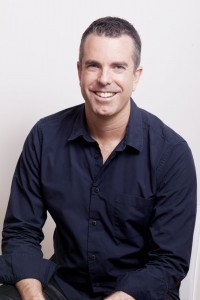 Clinton Power. Sydney. Australia
Clinton Power. Sydney. Australia
Gestalt Therapist | Relationship Counsellor
In my postgraduate degree in counselling and psychotherapy we participated in group therapy for four years where we all worked on our own personal issues and interpersonal relationships. This was an amazing experience that helped me learn so much about myself and the way I relate to others.
After I did my postgraduate degree in counselling and psychotherapy, I then did a four year degree in Gestalt therapy which was highly experiential. There was a big emphasis on continuing to work on our interpersonal relationships and doing our own therapy with a Gestalt therapist. This was absolutely invaluable in my journey to become a qualified therapist.
My top tips for choosing a counselling or psychotherapy training are:
- It’s absolutely essential that it has experiential components to it.
- It’s important to make sure you are actually working as an intern with clients throughout your training to get hands-on experience.
- It’s crucial that the training institution mandates you do your own therapy throughout the course of your training.
- It’s essential to choose the best quality training possible as it means your clients will get the best help possible
- I would avoid counselling institutions that say you can study for one year and then open a private practice. It’s completely unrealistic that you could do a one year counselling diploma and then think you could provide effective therapy to people.
 Chris Adams Richards. West Jordan. Utah. U.S
Chris Adams Richards. West Jordan. Utah. U.S
Licensed Clinical Social Worker | Therapist
I had the amazing opportunity training at the Women’s Resource Center at the University of Utah.
I received such great training there! They had local experts in a variety of approaches and specialties come each month to talk about what they do and they gave us a course in each of their specialties.
I learned how to incorporate my feminism into therapy and how to practice Feminist Multicultural Therapy. When I was trained, the Women’s Resource Center was the only place in the U.S. which trained therapists in Feminist Multicultural Therapy – it’s more than just being a feminist! I use my training every day. It shaped who I am as a person and as a therapist.
When choosing your training, go for one which is in alignment with your passion and your values.
 Melissa Ferrari. Penrith. Australia
Melissa Ferrari. Penrith. Australia
Psychotherapist | Counsellor | Couple Therapist
What I loved as a graduate from my Advanced Relational Psychotherapy training with Transactional Analysis foundation at The Australian Centre for Integrative Studies (Sydney) was the amount of group process we did on a regular basis. This training was made up of 4 year basic training in live groups on campus (plus 4 year post-training and supervision). I believe the amount of group process activities we did was key in teaching me to sit in silence in the presence of another’s pain. It taught me the self-discipline of not always needing to fill spaces with words or solutions and the power of just being there.
I recommend the following when looking for a training body or college:
- Be sure that the trainers have experienced the same training that you are about to undergo.
- A major component of any counselling or psychotherapy training should be that you are required to have completed your own personal psychotherapy or analysis. I believe that the person or trainer who is about to undergo your training journey with you, needs to know personally what it’s like to “sit in the hot seat”. This will help with your own personal journey, self-reflection and challenges that are needed to become a good clinician.
- Find a training where writing a journal or being in group processes about your own personal therapy process is an important focus of your learning. I truly believe that institutions that accredit counsellors/psychotherapists without self-analysis or self-reflection being part of the training are missing the importance of knowing the “self” and its impact on clients they work with.
- Good quality training which includes self-development helps us as clinicians to sit with a client in their shame, pain, loss etc – mindfully and consciously. It teaches us the ability to just be with another while we hold our theories and framework while being “there” for our clients in a capacity that helps them to grow.
- If it is going to be your core counselling or psychotherapy training, avoid one that is online, particularly if it doesn’t have sound and solid meet – ups, group process and participation which is face to face.
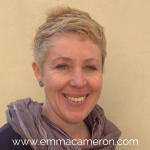 Emma Cameron. Colchester. UK
Emma Cameron. Colchester. UK
Integrative Arts Psychotherapist
I chose Integrative Arts Psychotherapy because the combination of arts and psychotherapy was (and still is) so compelling and fascinating to me. I loved the idea of using images, stories, and arts-based techniques in psychotherapy. It is therefore important you go by your level of excitement and interest in the course and psychological discipline.
You will want to feel a deep-down authentic confidence that your training was solid and thorough, giving you a good grounding in both theory and practice. I know too many counsellors who feel apologetic and shaky because they feel that in their training they ‘missed out’ in some important way, and it can really affect their work with clients and their trust in themselves.
So how can you tell that a training program will be thorough? Here are some things to ask about:
- Visiting lecturers. Is the course mainly taught by just two or three people? The better trainings pull in a range of practising therapists who can each provide a unique perspective. Some of them are likely to have published articles online or in print; read these and see what you think.
- Personal therapy requirements. Are trainees required to be in therapy during the training? If not, go elsewhere! Even if you yourself are wise and are in personal therapy, there will be fellow students who won’t. The ensuing blocks in their ability to process and think about the whole range of feelings and experience will mean that your training seminars are less rich and much less rewarding. My training demanded that trainees had a minimum of 40 sessions per year for four years, and I think that is a good guideline*.
- Pass rates. Do all trainees achieve the award first time round? Think about it: how much satisfaction and confidence will you have in your training, if pretty much anyone can get through? In my own training, each year several students failed to pass the final hurdles: dissertation and viva exam. Even though this can feel unfair and unwarranted at the time, it also means that all trainees work incredibly hard to brush up on both theory and practical skills, and ultimately this gives them an enormous depth of confidence.
*[fusion_builder_container hundred_percent=”yes” overflow=”visible”][fusion_builder_row][fusion_builder_column type=”1_1″ background_position=”left top” background_color=”” border_size=”” border_color=”” border_style=”solid” spacing=”yes” background_image=”” background_repeat=”no-repeat” padding=”” margin_top=”0px” margin_bottom=”0px” class=”” id=”” animation_type=”” animation_speed=”0.3″ animation_direction=”left” hide_on_mobile=”no” center_content=”no” min_height=”none”][my article on why therapists should have therapy is here]
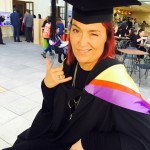 Andrea Szasz. Mosman & Bondi. Australia
Andrea Szasz. Mosman & Bondi. Australia
Psychotherapist | Daring Way Facilitator
In my experience good psychotherapy training needs to be experiential with solid theoretical basis. To become an effective therapist one has to work through their own triggers or as I call them: sticky points.
To train as a counsellor or psychotherapist, the following should be taken into consideration:
- To have a good understanding of history and theory of psychotherapy, and yes the dirty word research as well!
- Theoretical grounding that is really in line with your interest. For example, The Conversational Model I completed my Master’s in, focuses on complex developmental trauma – I was especially looking for an in-depth training in this area.
- Face-to-face learning. While I am a big believer of online education, I think psychotherapy is best learned through human interactions and having conversations with our educators and peers. In my training we had weekly seminars where we sat together for hours and had deep discussions about how we humans work. I really miss that now that my training has ended.
- Weekly individual supervision. In my Conversational Model training, I had to present my recorded therapy session each week. It was really confronting and extremely useful.
- Weekly group supervision. In my training, we all presented recordings and then we discussed what is going on within the therapeutic relationship. I learnt so much about myself during these sessions.
- Participate in your own therapy. While Sydney University is legally unable to make the students participate in their own therapy compulsory, they strongly encourage them. I think that is a very important part of good training. As we know now from research, it’s not the method that heals; the relationship with the therapist is the major factor.
- Choose educators who have done their own personal work.
- Avoid training that is solely online. Training is best when it has experiential components. This doesn’t mean just sitting in the classroom learning theory – it means actually experiencing group process.
- Run a mile from training where the educators deny their own need for therapy. When I was completing my Grad. Dip. in Psychology one of the professors told the 150 of us in the lecture room that he finds the idea of psychologists needing their own therapy ridiculous. The 149 of them laughed in agreement with him. I never did become a psychologist!
 Jodie Gale. Allambie Heights & Manly. Australia
Jodie Gale. Allambie Heights & Manly. Australia
Soul-Centred Psychotherapist | Therapeutic Counsellor | Eating Psychology & Transformational Life- Coach
I trained in a Diploma of Therapeutic Counselling and Master’s in depth psychotherapy at Middlesex University in the UK. I was so passionate about psychosynthesis as a modality – I returned to the UK from Australia specifically to study under teachers who were trained by Roberto Assagioli; neuroscientist, influential thought leader in transpersonal psychology and the founder of psychosynthesis.
In total, to train as a counsellor and psychotherapist took me eight years! In addition to theory and academic work, it included 500 client hours, group clinical supervision, 50 case presentations, 40 hours a year of personal 1-1 psychotherapy with a psychosynthesis psychotherapist, monthly group forum and 6 days a year of right relations group psychotherapy experience. We also spent one week a year at summer school in Dorset where spiritual practice and ritual were practised. The focus in Psychosynthesis training is to experience the journey of the soul, not just to learn theory. It means that we walk the journey our clients will be walking with us throughout their therapy.
My top tips for good psychotherapy or counselling training are as follows:
- Research the different modalities. For example: transpersonal, psycho-spiritual, existential, Gestalt, art- therapy, somatic, Buddhist, feminist, psychodynamic or Jungian analysis. Which of these modalities makes your heart sing?
- Do you want to be a counsellor or a psychotherapist? These are two separate disciplines. Psychotherapists work long-term and at greater depths using psychodynamic principles such as transference and countertransference and the therapeutic relationship. Counsellors tend to work more short-term and with specific issues. You can read more about the difference between counsellors and psychotherapists here.
- Know that a good training will change your outlook on life and it will impact all of your relationships (including some you may need to let go of!). Do you have the capacity, time, commitment and space for such a change?
- Choose training where personal and group psychotherapy are prerequisites and the focus of the training is on the self and relational development of the trainee – inner work is far more important than focusing on academic achievement. Many people choose the helping professions because of their own wounding (Jung called us ‘wounded healers’) – this needs to be worked through sufficiently enough to not cause harm to clients. Therapy for me is the number one requirement. You can read my article Why your therapist should be in therapy for a more detailed explanation about why this is so important.
- Find out which clinical placements are available throughout your training. You will make great contacts and may even be offered employment when you finish your training.
- Avoid online training if this is your core training. You will not gain the depth of experience required to work as a counsellor or psychotherapist through an online program.
- Whilst short courses might be tempting, a training which takes place over many years provides you with the time and space to find your feet as a therapist. It also helps to hone your expertise and niche area for when you choose employment or go out on your own in private practice. Look at the length of the training as part of your professional, self and spiritual development.
Want help choosing your counselling or psychotherapy career path? Contact me now for 1-1 business coaching service.
Join my list and receive your free 31-Day Therapy Photo-A-Day Challenge with photo and story plan!





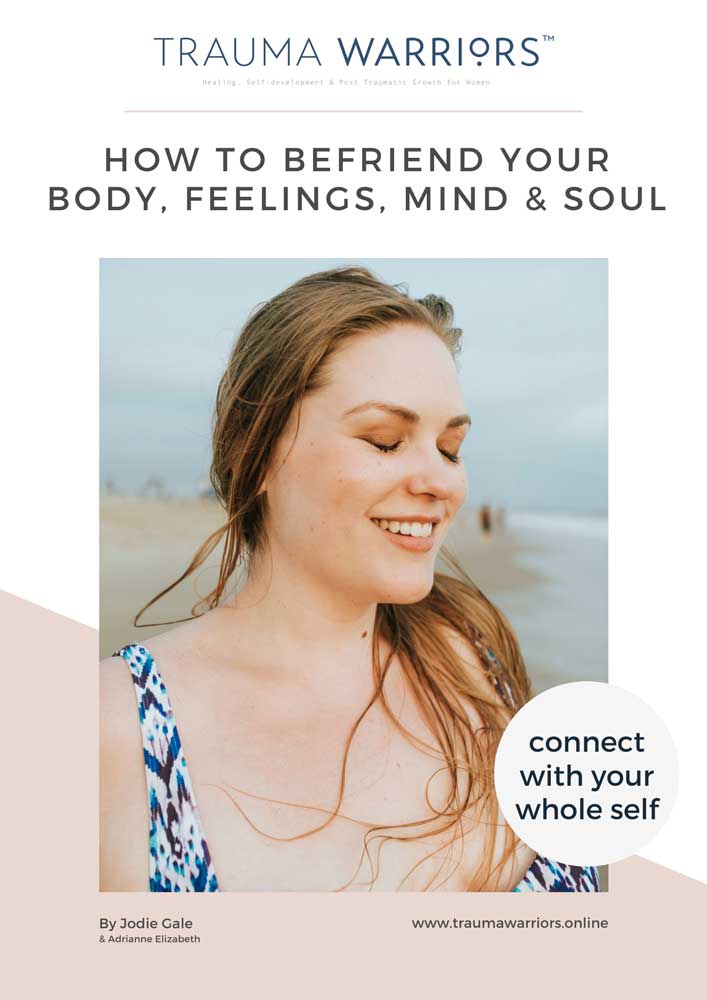


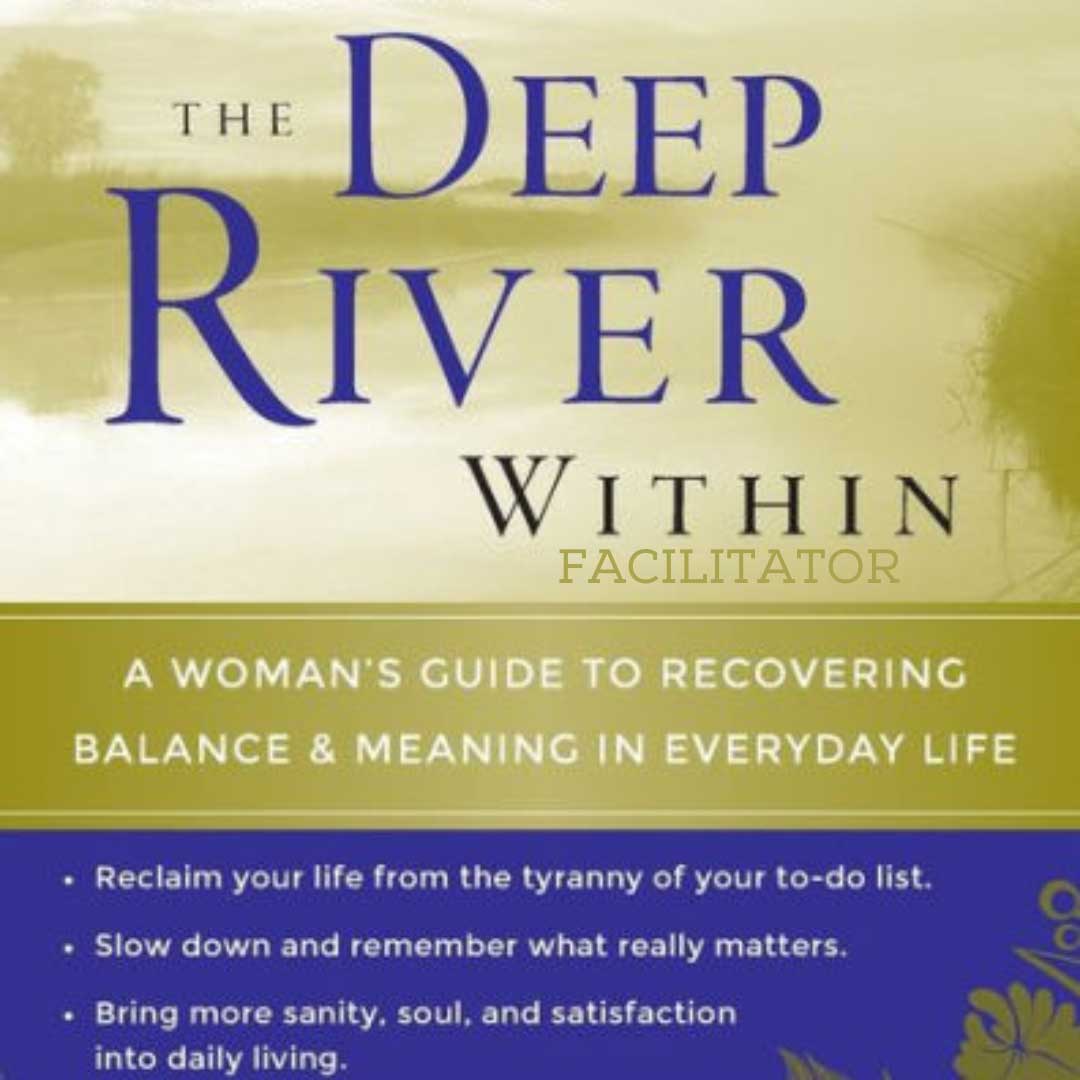
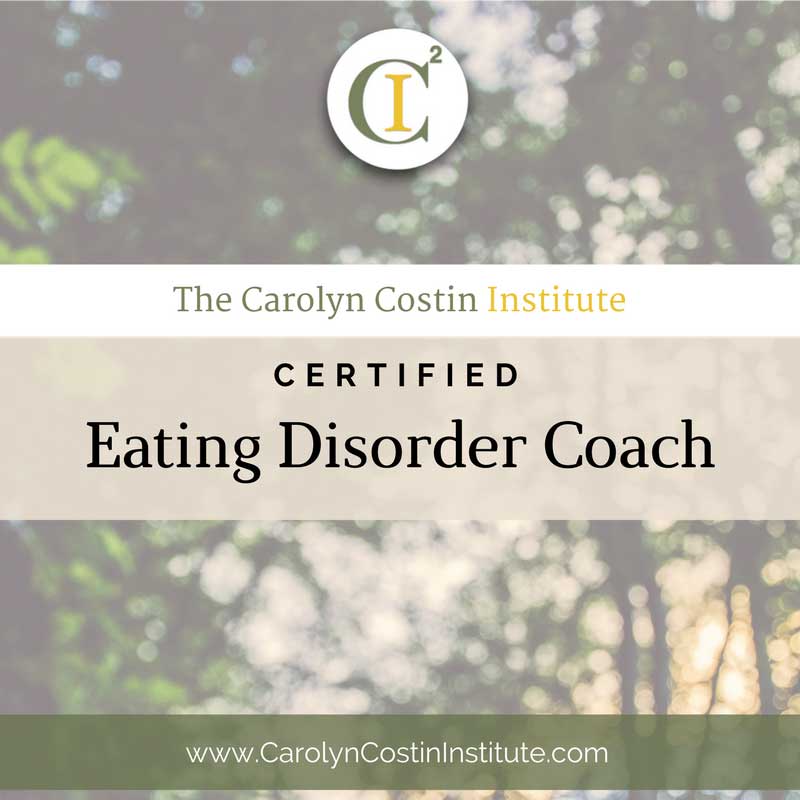
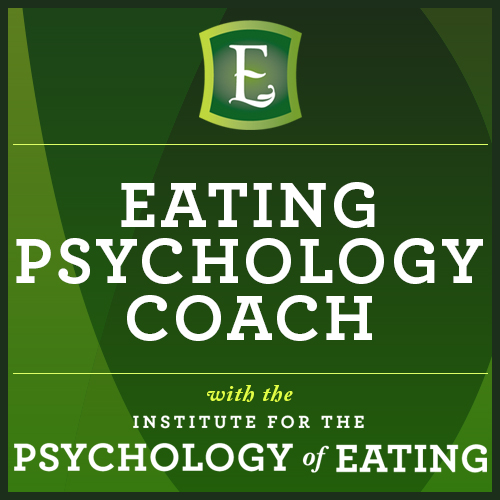
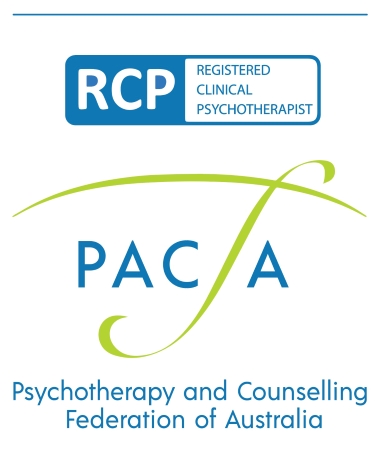

10 Responses
What a feast of useful information! A fascinating read for anyone considering training.
thanks for contributing Emma 🙂
I loved reading everyone’s experience. I got excited about many of the modalities and schools mentioned above. The somatic psychotherapy course sounds especially intriguing to me and I loved Marg’s enthusiasm. Thank you for the opportunity to contribute and thanks for everyone’s input.
thanks for contributing Andi. Love your graduation photo!
This is such a honest and great write up of the true journey to become a therapist. It has honestly terrified me how many conversations I have had with new graduating therapists thinking that all the work is done. How unsafe this perception and projection is. The true reflection of who you are shines through the light and dark in your training and you have to be positioned to face to yourself. All of you have obviously done it the right way, which is revealing and challenging but oh so rewarding! Thank you for sharing your journeys, which in way helps make my own psychotherapy journey so worth while.
Enjoyed reading all the contributions, having said that, the Psychosynthesis training was amazing, so I am rather biased, but good to gain other perspectives.
Hi All, just back from China and I re-read this blog again with a fresh perspective!
I am so biased about my training also Bernadette – so I can relate!
However, I’ve met so many amazing committed therapists that have been trained in various modalities vastly different to mine!
It always brings me back to the grounded position that the relationship between therapist and client – the partnership is what is the most potent and healing tool we all apply!
Thanks I’ll have to keep researching until something jumps out at me.
Hi! Can anyone recommend an institution to study in Sydney? My email is [email protected], would be much appreciated thanks!
Hi! Thanks for an amazing post – I loved everyone’s personal experiences. This is particularly helpful as I am now deciding to change careers and study and train to become a psychotherapist / counsellor. Long way to go but I have got the clarity! hallelujah!